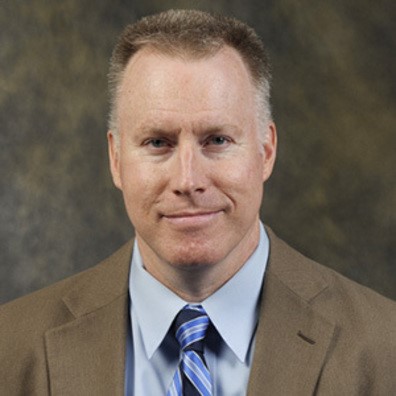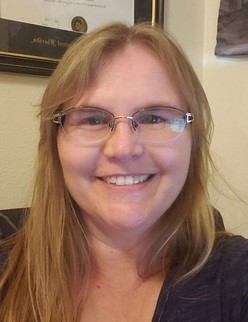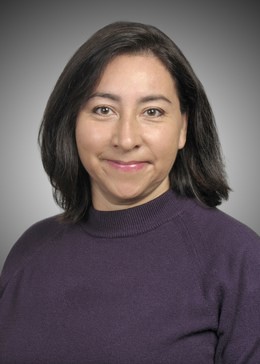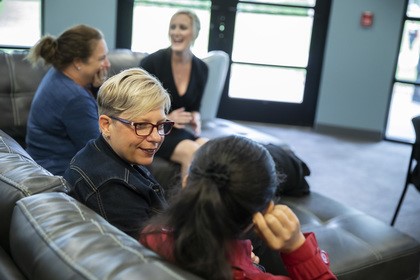

So, You Want To Propose a Course for the GEP?
BY WAYNE BOWEN, PH.D., INTERIM ASSOCIATE DEAN, COLLEGE OF UNDERGRADUATE STUDIES
With the introduction of the Kuali Curriculum Management platform this fall, we are taking a pause in reviewing new courses for the GEP this year. However, the process will be open for fall 2022, with the General Undergraduate Requirements Committee (GURC), formerly known as CPOC, a required stop on the way to potential approval of new or updated GEP courses.
Here are some questions that faculty members and departments might want to consider as they think about proposing existing courses for inclusion or undertake revisions of current offerings. All have been asked in some form over the last few years at GURC meetings.
- Is this course designed for a specific major or group of majors? Courses proposed for the GEP should have broad applicability to students across multiple majors and colleges. UCF’s accrediting body, SACSCOC, discourages universities from offering GEP courses with a narrow focus.
- Does the offering department have teaching depth and course capacity? Ideally, GEP courses will be taught by multiple instructors, both fall and spring. Courses that have only one or two eligible instructors risk falling off the schedule as faculty leave or retire and lack the capacity to accommodate the needs of more than 50,000 undergraduates. If existing sections are already full, and the department does not intend to add capacity, there is little benefit to the GEP or students in adding the course.
- Will the course offer something new to the GEP program, or does it duplicate existing courses in some way? Also, does it add capacity where the GEP is short of capacity, or is it another course where there are already large numbers of unfilled seats?
- Does the proposing department already have existing courses within the GEP? If so, will this replace those? What is the justification for expanding into other categories?
- Will this new course require new faculty, or can current faculty provide sufficient capacity? If the former, does the department have a commitment from their college to add faculty? If the latter, what will the department do less of to offer this course?
- If this course is currently offered for a specific major, for disciplinary purposes, how will this course change to be of more general intellectual benefit to students for whom this will likely be their only course within this department?

Update! The Integrative GEP (Refresh) Virtual Teaching Squares Moved to Spring 2022
BY AMY DARTY, M.A., GEP FACULTY FELLOW
UPDATE! The Virtual Teaching Squares Mini-Session has been rescheduled to spring 2022. This hands-on professional development opportunity will begin the third week of classes – starting Wednesday, January 19. The focus will be self-assessment of the Integrative General Education Program (IGEP) in your course delivery and content materials, peer sharing techniques with colleagues, and creating three ready-to-use activities for your virtual classes or digital components. It will meet virtually via Zoom and Teams as well as through asynchronous discussions. If you’d like to join the interest group, please register by January 14.
Want to try an IGEP activity with your students this semester? Use the Materia game to introduce the GEP Foundations and help students “See the Integrative GEP” in practice.
Let’s talk! The General Education Faculty Learning Community is hosting a virtual conversation via Webcourses. The topic is “Course Communication With Students.” It’s an opportunity to share ideas and ask questions that will help us prepare for the spring 2022 course orientation.
For additional information about the Virtual Teaching Squares program, please email me.

GEP Assessment Task Force Launches in January
BY ANNABELLE CONROY, PH.D., GEP FACULTY FELLOW
The General Education Program (GEP) Assessment Task Force will begin meeting virtually in January 2022 to address issues identified by the GEP focus groups, analyze preliminary data, and devise strategies to expand the number of faculty engaged in GEP assessment. All faculty and non-teaching staff who contribute to the GEP in a professional capacity are welcome to join.
Membership in this task force will require a commitment to attend a virtual monthly meeting (time and day TBD) and review materials (if any) in preparation for the meetings. If you are interested in joining the task force, please email me a letter of interest by December 17.
If you have questions about the task force, please contact me

GEP at the FCTL Winter Conference
The annual Winter Faculty Development Conference will take place December 13-15. The theme for the virtual conference is “Strategies for Engagement, Equity, and Wellness.”
UCF’s GEP Faculty Fellows and Foundation Area Co-Leads will lead a plenary session on Monday, December 13, from 3 – 4 p.m. The presentation will focus on how faculty can use an integrative approach to engage students in general education courses and beyond and identify ways to get students interested in classes outside of their major. You’ll also hear and interact with presentations by faculty leaders from the Integrative General Education Program as they discuss developments this semester, provide classroom and assessment best practices, and share ongoing challenges and strategies to answer the question from students – “Why do I have to take this class?” Visit the Winter Conference webpage for event information and opportunities to participate.
In The Next Issue
- Report from the FCTL Winter Conference
- Assessment and Accreditation Update
- Planning for the FCTL Summer Conference
| If you have questions or need additional information about the GEP Refresh, please email Wayne Bowen |